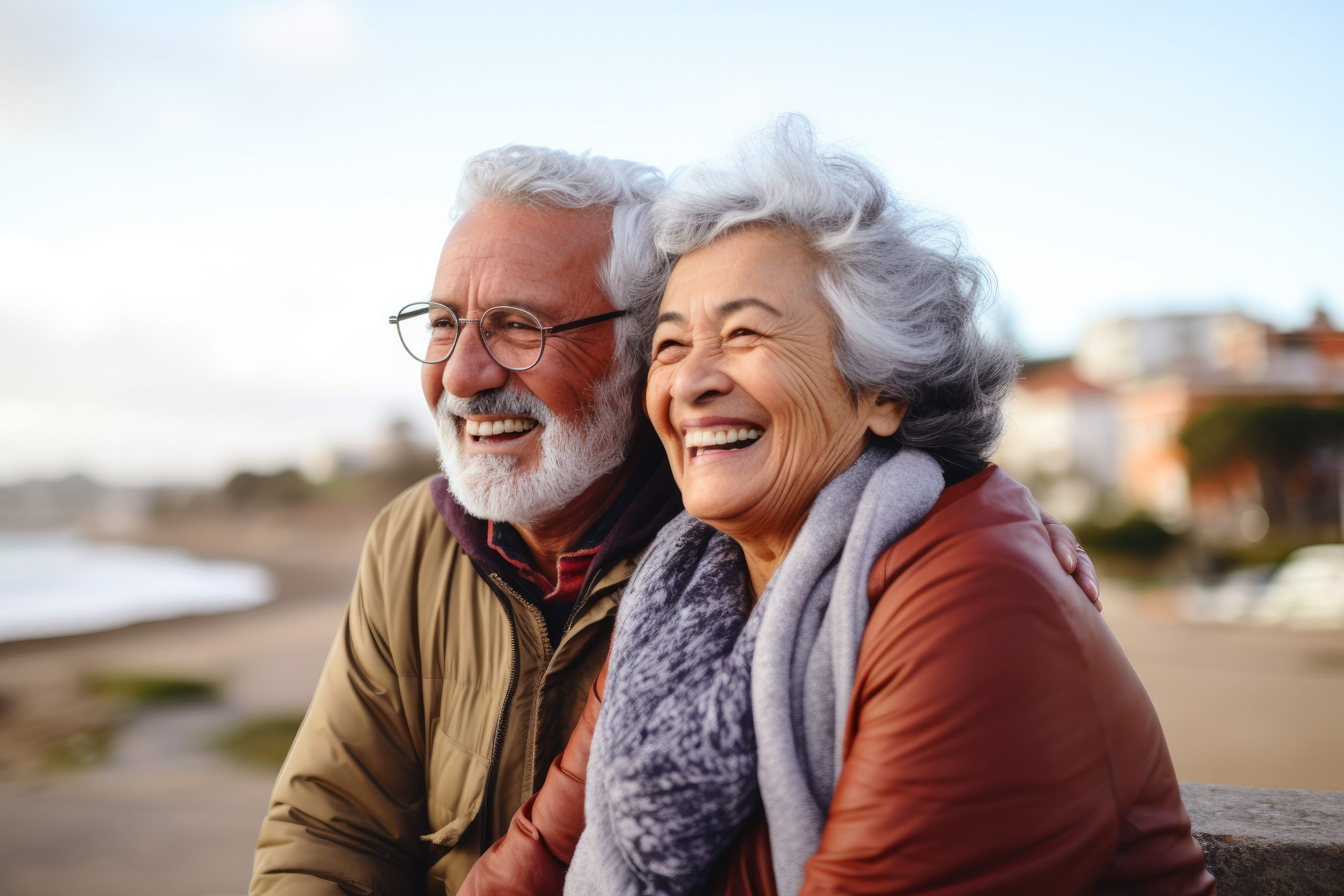Aging IQ Blog is a news aggregate designed to create a location for all of your mental, physical and financial news. From life style tips, to cutting edge research. The below article was originally posted on their website by the author below.
By Ardith Bowman | October 17, 2023
We know that attention to fitness, stress reduction, having a sense of purpose, and connection with others adds healthy years to our lives. We also know that the years wear on our bodies and endurance. In this article, let’s address the realities of being an older adult. Spoiler alert! Our focus is to notice what is possible, in contrast with what may no longer be within easy reach for us.
My Body Isn’t What It Used to Be
According to the National council on Aging, 95% of us over 60 have at least one chronic condition. High blood pressure and high cholesterol lead the pack. Arthritis comes in third. I’m in the arthritis group; you may have one or two issues on your list. If not, time to celebrate!
The happy news is that maintaining an exercise routine, getting adequate sleep, managing stress, and enjoying a healthy diet/healthy weight tend to mitigate the impact of the common conditions associated with being 60 and beyond. Especially for exercise, sometimes the thing we think we can no longer do is the very thing we need to figure out how to do!
Given the ageist messaging around us, it is too easy to take on the “decline and dependence” view of being our age when we notice any change in physical well-being. The reality is that the mindset that will serve our health and vitality is really about focusing on what you can do to stay as healthy as possible.
Just Do It
I recently traveled to Denmark, where 7 out of 10 Danes own a bike. These are not e-bikes or expensive geared bikes. They ride good, basic bikes with baskets for groceries and child carriers. In fact, over 45% of all trips to school and work are by bike commute, and 16% of all trips are conducted on bikes. This is not true only for those under 50; this is what everyone does at any age for as long as they can.
Both in Copenhagen and in the countryside, I would see fit women of our age on their bikes. Some were commuting, others with baskets full of groceries. It is common for young mothers to commute with one or two toddlers in their child carrier. Adding that extra 60 or more pounds certainly is a workout!
One of my favorite memories was seeing a woman, certainly in her 70s, riding down a country road with a basket full of vegetables and bread, her gray hair blowing in the breeze and with a big smile. I very much wanted her to stop so I could visit with her.
Part of the Culture
The point is that biking and walking are expected and part of the Danish culture. No one in Denmark would find it remarkable that a 75-year-old rides a bike. Of course, they face chronic conditions like we do. The difference is in life expectancy.
Ours is declining, down to an average of 79.1 years for women in the U.S. In Denmark, the average is 83 years for women. One of the reasons for our life expectancy decline is our rate of obesity that is related to poor diet and lack of exercise. It is of note that the obesity rate for women in Denmark is 18.3 percent, compared to 33.9 percent in the U.S. Obesity exacerbates many chronic conditions we face as we age, so it becomes a vicious cycle.
So, how can we not fall into this vicious cycle so we may live with vitality into our 70s, 80s, and beyond? Part of it is not buying into our culture’s traditional view of being an older adult. It is all about building a resilient mindset so that we are open to possibilities of adapting what we do.
Doing What You Can with What You Have
I’m not suggesting that all of us hop on a bike, rather than drive – unless you want to! After all, Denmark is flat, and they have the infrastructure for safe bike commuting. I am suggesting that we nurture a ‘can do’ focus. The trigger for managing your thinking is when you hear your voice say, “I can’t.”
We have choices. If one thing is no longer possible, that does not mean that nothing is possible. I can’t run anymore. Does that mean that I watch more movies, or do I walk instead? I hike instead!
I have a friend who is on life-time chemo. Sometimes she gets tired of it all. She chooses to come out to paddle with our team, rather than sit at home alone. Why? She feels alive when she does. My left shoulder is debilitated from radiation. Rather than not work out my upper body, I pay special attention to the kind of movement that shoulder needs.
I wake up each morning asking what I can do to live fully this day, with what I have and how I feel. In other words, ask what is possible today that you may live fully and in health. Give it a try and let me know what comes to you.


